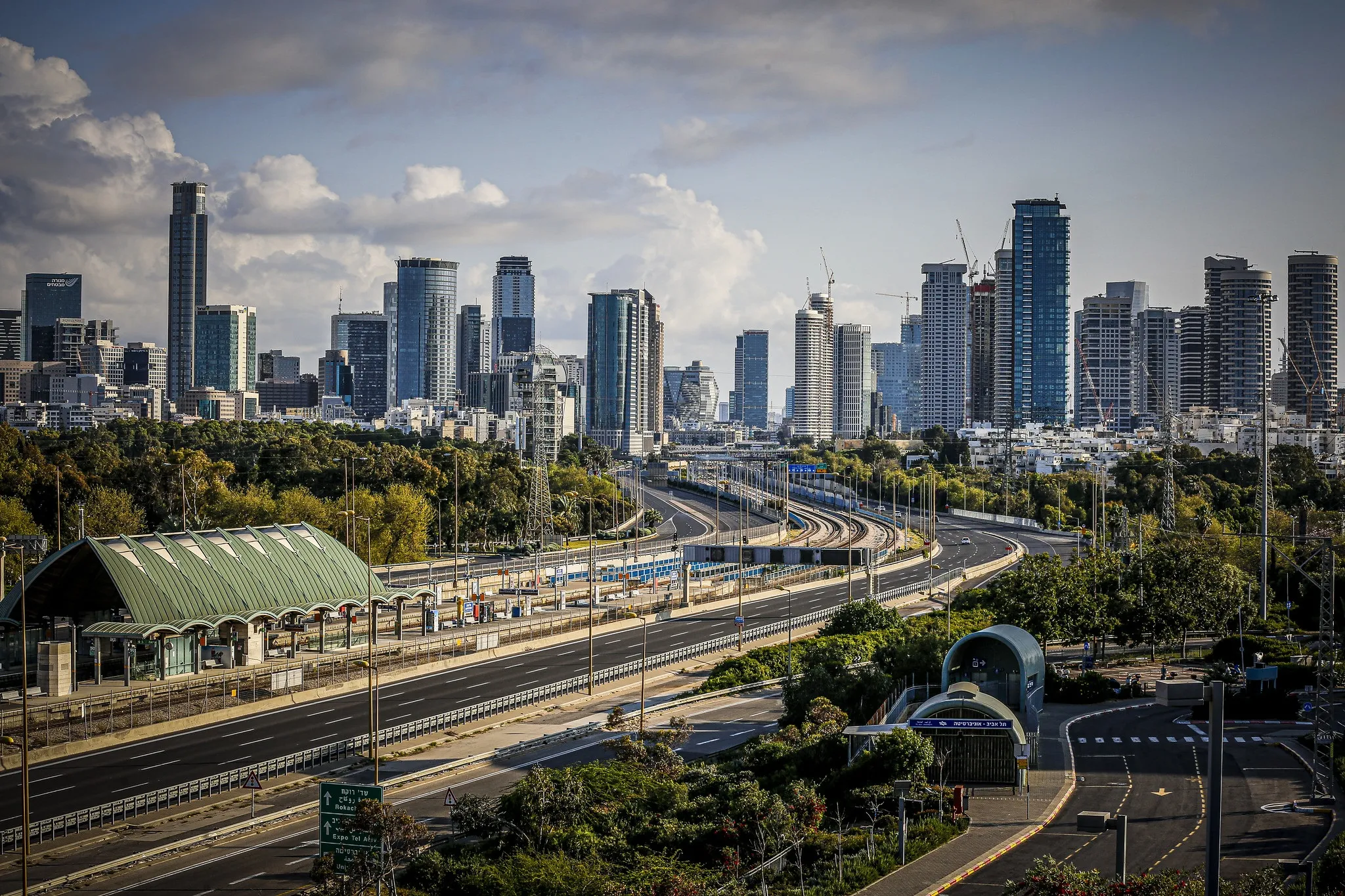
Tel Aviv-Yafo Municipality, in partnership with ElectReon and Dan Bus Company, has launched a pilot project to install wireless electric roads for charging public transportation in the city.
The first of its kind in Israel, the two-month pilot will be carried out between Tel Aviv University Railway Station and Klatzkin Terminal in Ramat Aviv – a 2km route including 600m of electric road.
A specially-equipped Dan bus, capable of being charged directly from ElectReon's under-road electric infrastructure, will soon commence regular journeys serving passengers going to the university.
The local authority is attaching great importance to improving air quality in the city.
Meital Lehavi, deputy mayor for transportation, says: "Electric transportation will assist municipal efforts to reduce air pollution and noise, and assist the transition to green modes of transport, which will contribute to improving the quality of life and the environment for residents and visitors to the city."
ElectReon recently completed initial testing of an electric road system within its experimental complex in Beit Yanai. CEO Oren Ezer called the Tel Aviv project "a display window to the world, showcasing the ability to charge urban public transportation".
"We are constantly working to reduce air pollution in the city, and our strategic action plan to prepare for climate change has placed the fight against pollution at the top of the municipality's environmental agenda," adds Ron Huldai, mayor of Tel Aviv-Yafo.
"If the pilot is successful, we will evaluate – together with the Ministry of Transportation – its expansion to additional locations in the city."
The city will also look at more potential e-transportation, including public transit, trucks and private and autonomous vehicles.










